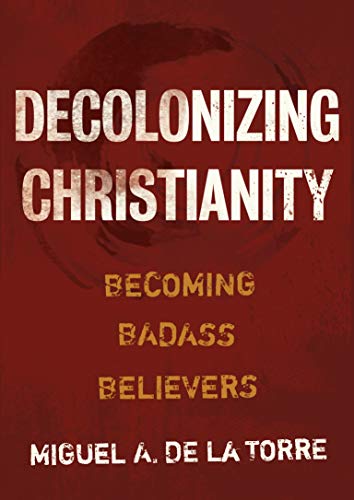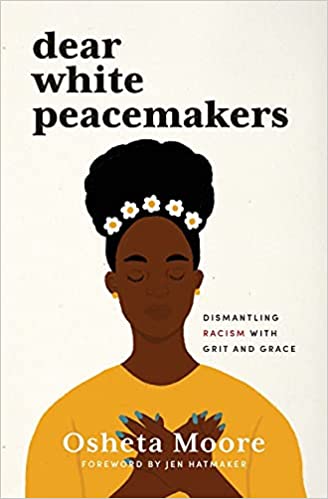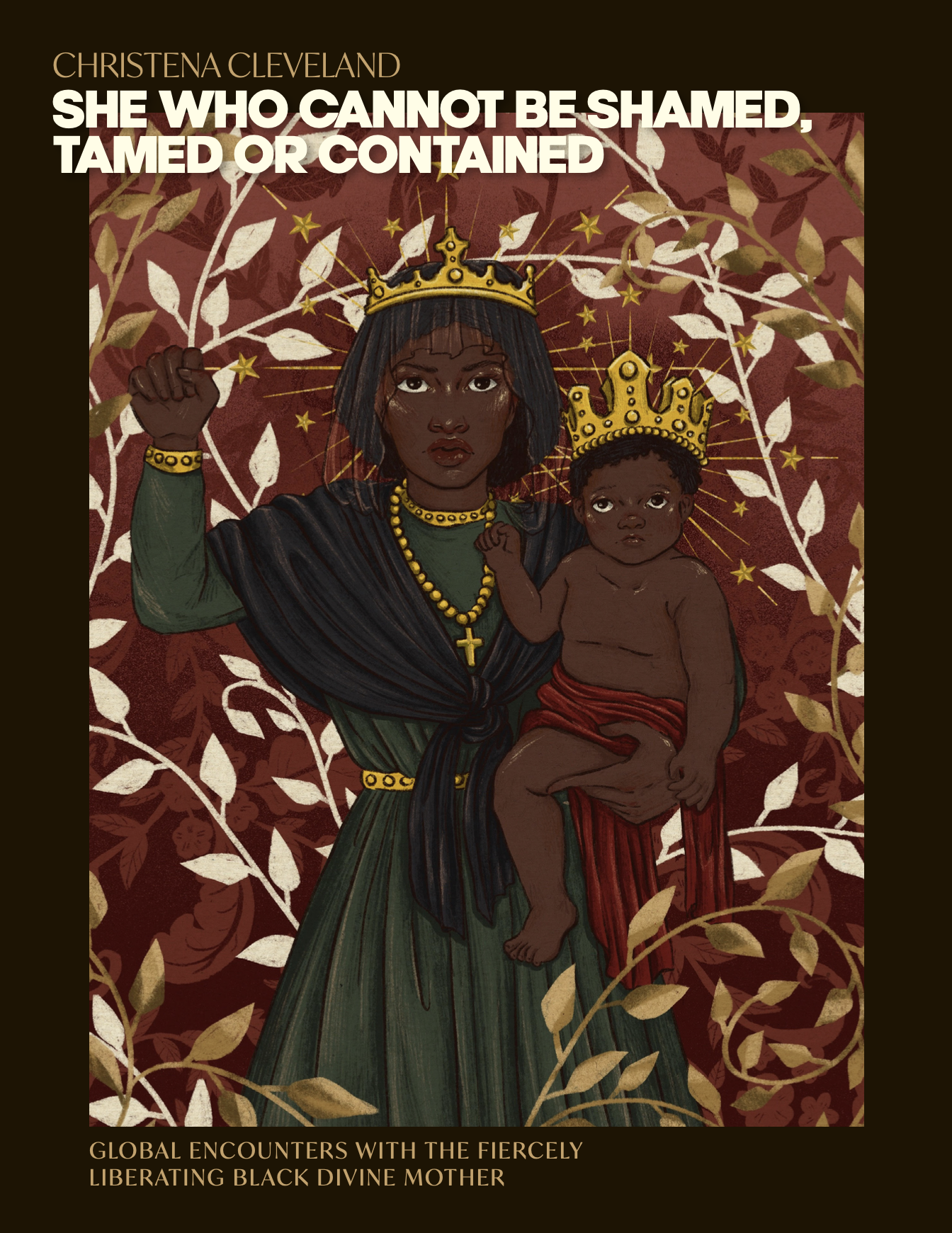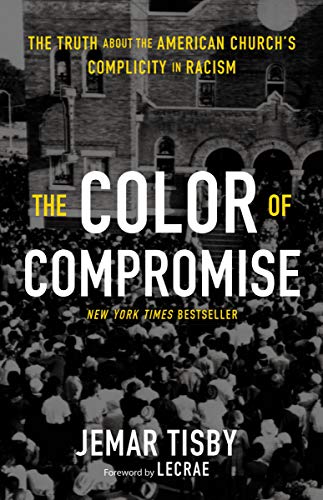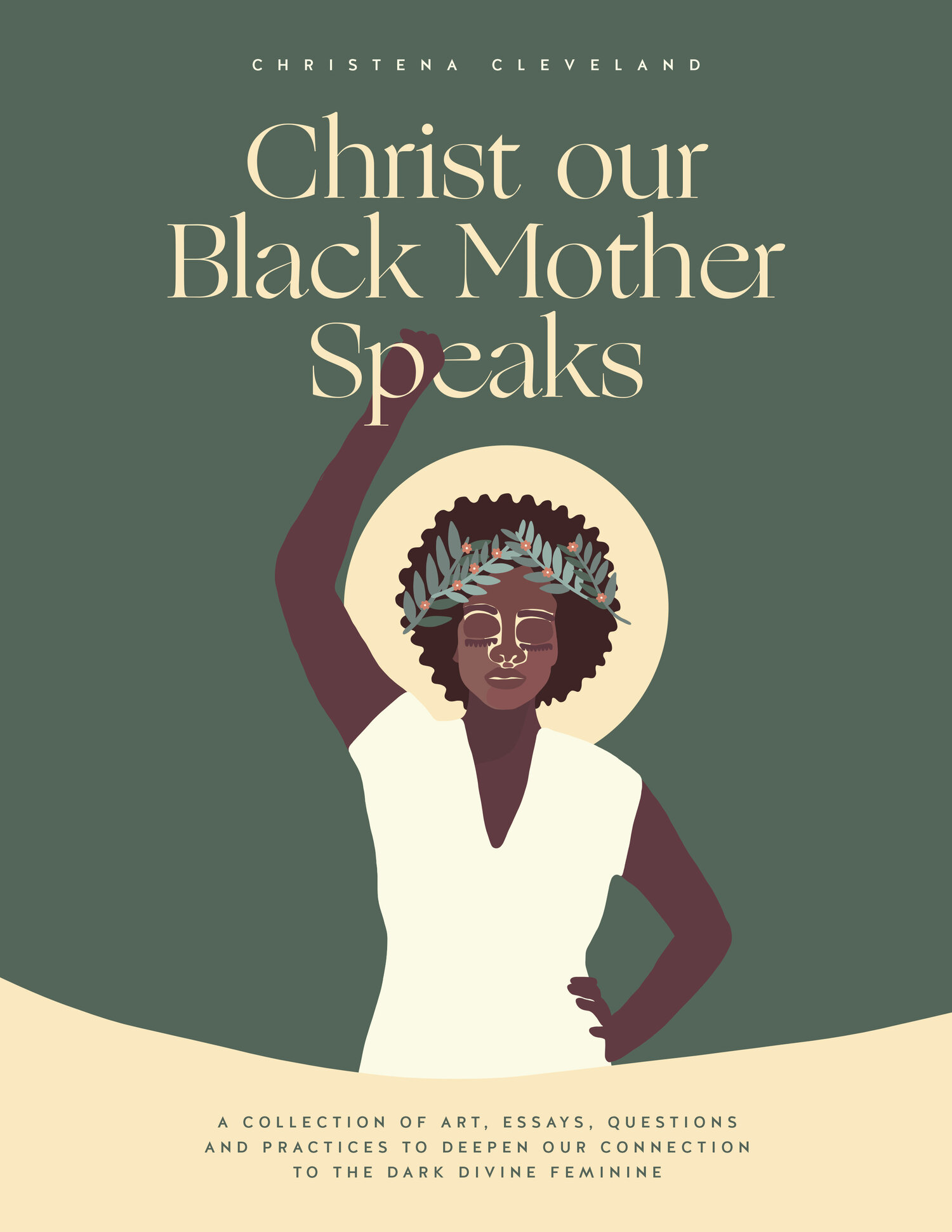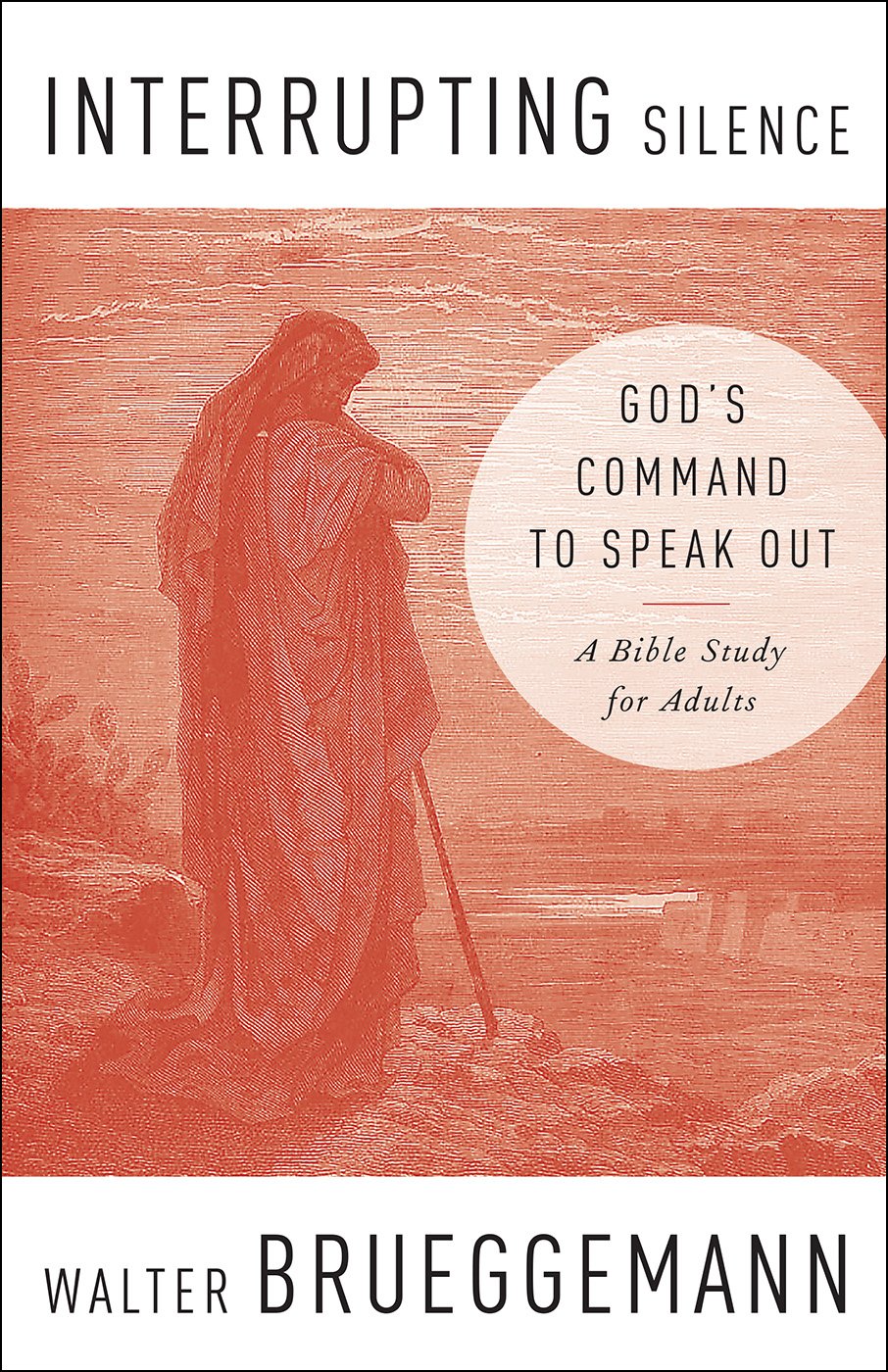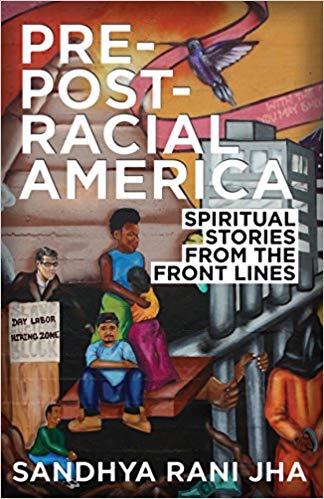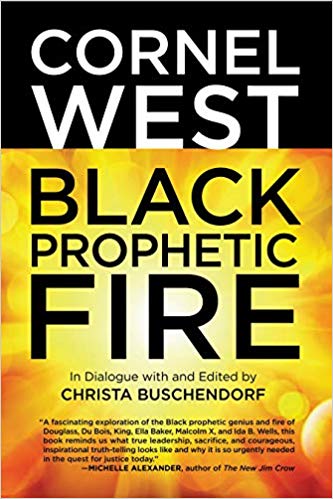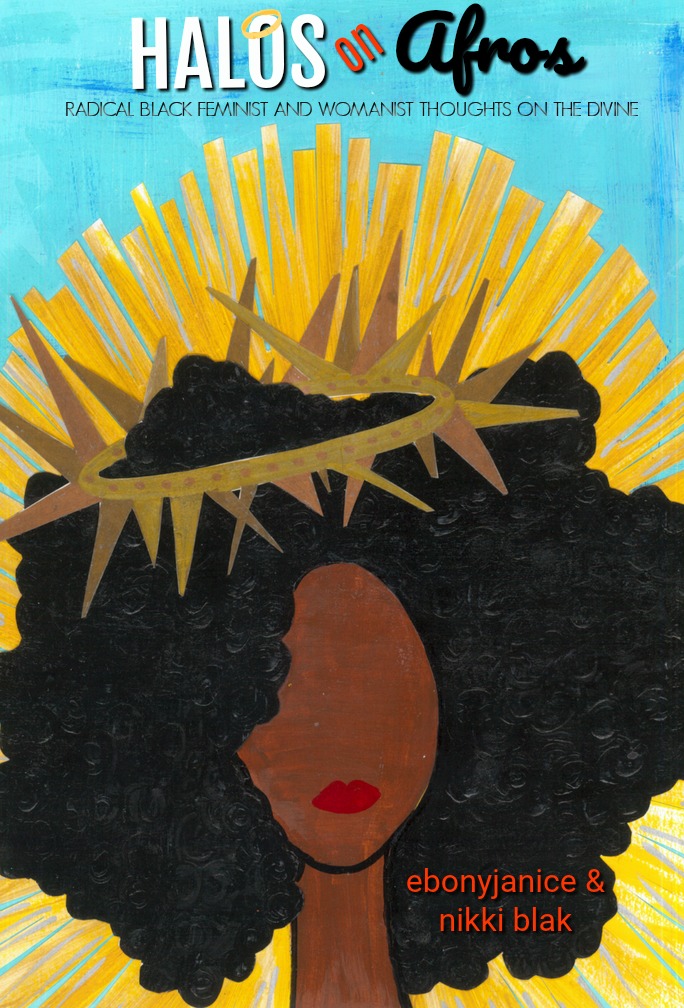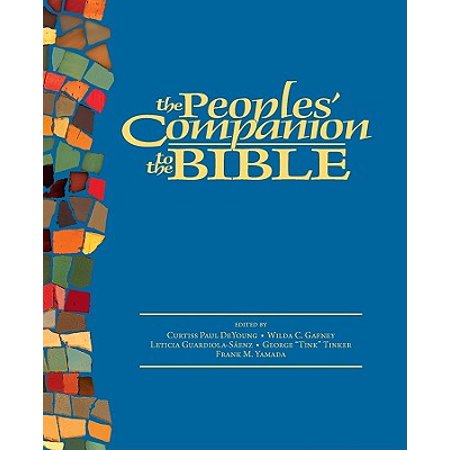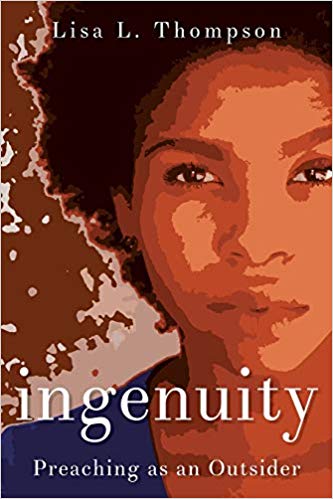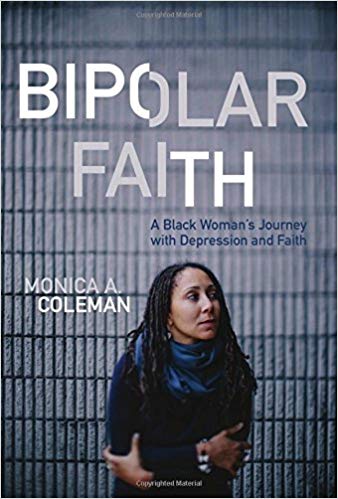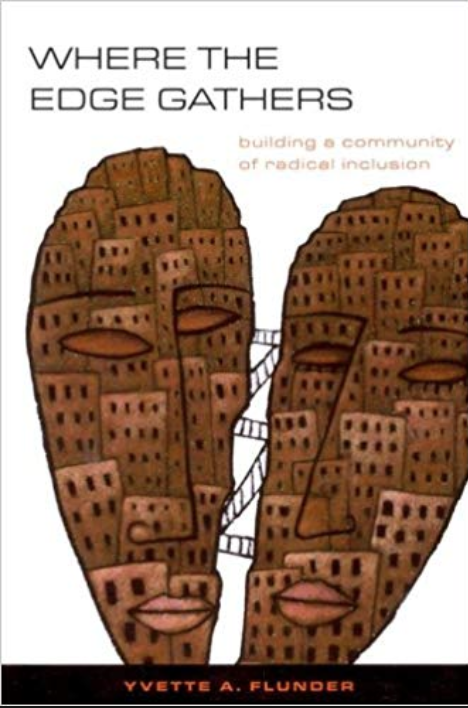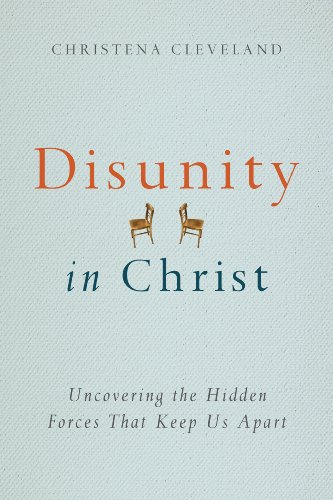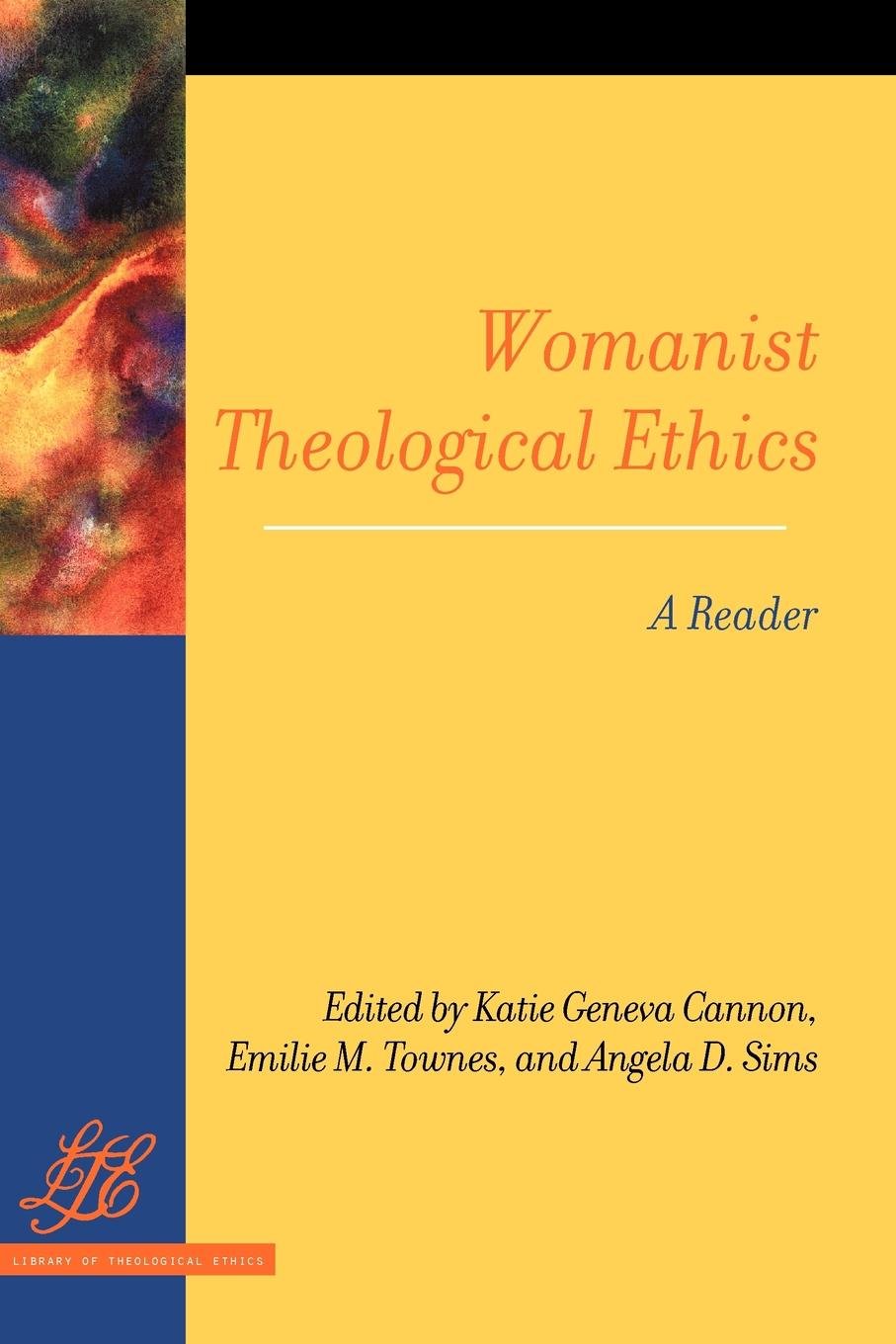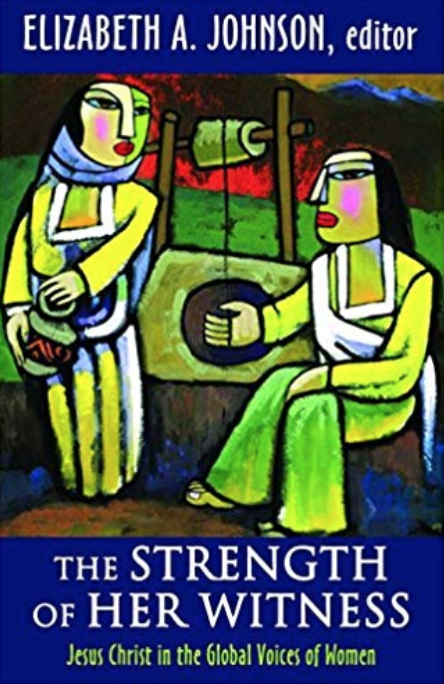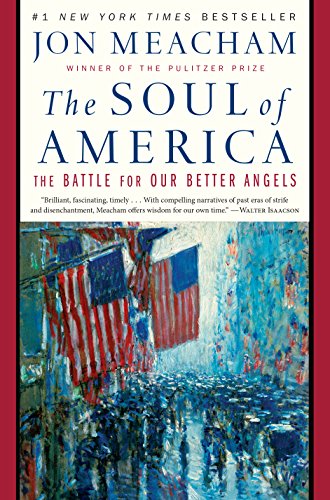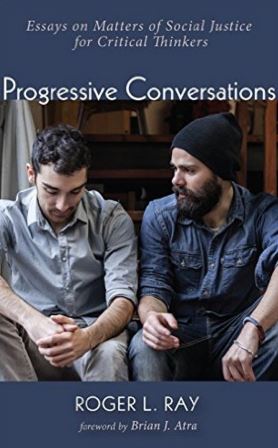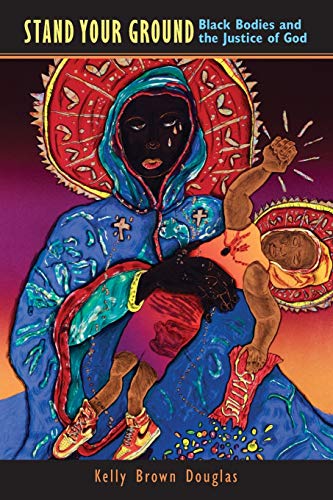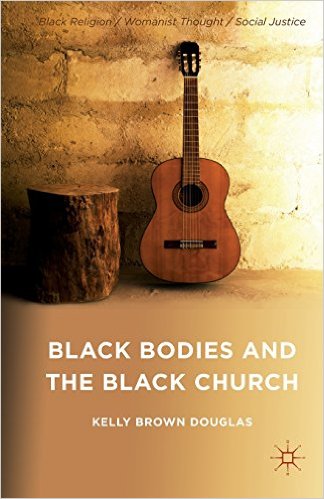By Miguel de la Torre
Decolonizing Christianity is a hard book to read - but it’s one white Christians should read, especially those of us who claim to be progressive.
We need belonging to survive and thrive, but too often the church is an impediment.
America's investment in race and racial oppression was central to its early years as a nation - a theme that dates back to Europe's earliest colonial efforts in the Western Hemisphere.
In The Land Is Not Empty, author Sarah Augustine unpacks the harm of the Doctrine of Discovery--a set of laws rooted in the fifteenth century that gave Christian governments the moral and legal right to seize lands they "discovered" despite those lands already being populated by indigenous peoples.
Dismantling Racism with Grit and Grace
Dear White Peacemakers is a breakup letter to division, a love letter to God’s beloved community, and an eviction notice to the violent powers that have sustained racism for centuries.
A 95-page, full color collection of art, essays, questions and practices to liberate our spiritual imaginations. On this global pilgrimage, you will encounter ten ancient images (reimagined by one of Christena’s favorite modern artists) of the Black female Divine ranging from She Who Clears Our Path to She Who Declares that You are Enough to She Who is Unapologetically Black — and beyond!
The Truth about the American Church’s Complicity in Racism
The Color of Compromise is both enlightening and compelling, telling a history we either ignore or just don't know. Equal parts painful and inspirational, it details how the American church has helped create and maintain racist ideas and practices. You will be guided in thinking through concrete solutions for improved race relations and a racially inclusive church.
In this volume of essays, I turn toward images of Christ on the cross. As I continue my exploration of the wholly holy female face of God, I ask a deeper question. What does God’s femaleness and blackness practically mean for my particular black female experience?
Overcoming the Evil of Silence
In 2018, the evangelical scholar Walter Brueggemann boldly departed from the twin evils of American Christian Evangelicals – fawning approval and cowardly silence about the evils of privilege and oppression that have resulted in “our socio-political circumstance.”
The day's news and the ways we treat each other, overtly or subliminally, prove we are not yet living in post-racial America. It's hard to talk about race in America without everyone very quickly becoming defensive and shutting down.
An unflinching look at nineteenth- and twentieth-century African American leaders and their visionary legacies.
Sociologist and Critical Race Theorist, Nikki Blak & Cultural Anthropologist and Theologian, EbonyJanice have joined forces, once again, to bring to you all the blackity black woman truth and perspective on the divine.
Toward Decentering the New Testament is the first introductory text to the New Testament written by an African American woman biblical scholar and an Asian-American male biblical scholar. This text privileges the voices, scholarship, and concerns of minoritized nonwhite peoples and communities.
I Found God in Me is the first womanist biblical hermeneutics reader. In it readers have access, in one volume, to articles on womanist interpretative theories and theology as well as cutting-edge womanist readings of biblical texts by womanist biblical scholars.
Womanist Sass and Talk Back is a contextual resistance text for readers interested in social (in)justice. Smith raises our consciousness about pressing contemporary social (in)justice issues that impact communities of color and the larger society. Systemic or structural oppression and injustices, police profiling and brutality, oppressive pedagogy, and gendered violence are placed in dialogue with sacred (con)texts.
Building on the enthusiastic reception of and critical acclaim for The Peoples' Bible, hailed as "a rich resource" (Elisabeth Schüssler Fiorenza) that "will empower people to reclaim the Bible as a multicultural, dialogical, and living tradition" (Kwok Pui-lan), this colorful and engaging biblical textbook brings those same new perspectives in biblical studies to the college classroom.
"Ingenuity" introduces a theology and practice of preaching that emerges from the faith and wisdom of black women. Preaching has been resourced and taught from a narrow field of cultural or gendered experiences, historically. Without much support from established channels, black women are left to “figure it out” on their own, and others discern how to preach from a limiting scope.
Bipolar Faith is both a spiritual autobiography and a memoir of mental illness. In this powerful book, Monica Coleman shares her life-long dance with trauma, depression, and the threat of death.
How do churches build immunity from racial and ethnic tensions that threaten to divide rather than unite congregations? Jacqui Lewis and John Janka believe that the answer lies in the development of multiracial, multicultural communities of faith.
Flunder uses examples of persons most marginalized by church and society to illustrate the use of village ethics--knowing where the boundaries are when all things are exposed--and village theology--giving everyone a seat at the central meeting place or welcome table.
Despite Jesus' prayer that all Christians "be one," divisions have been epidemic in the body of Christ from the beginning to the present. We cluster in theological groups, gender groups, age groups, ethnic groups, educational and economic groups. We criticize freely those who disagree with us, don't look like us, don't act like us and don't even like what we like.
Writing across theological disciplines, nine African American women scholars reflect on what it means to live as responsible doers of justice. With some classic essays and some contributions published here for the first time, each chapter in this new volume in the Library of Theological Ethics series presents analytical strategies for understanding the story of womanist scholarship in the service of the black community.
Joy Unspeakable focuses on the aspects of the black church that point beyond particular congregational gatherings toward a mystical and communal spirituality not within the exclusive domain of any denomination. This mystical aspect of the black church is deeply implicated in the well-being of African American people but is not the focus of their intentional reflection.
These essays, drawn from around the world, reflect the many ways that women have reflected on and borne witness to the person, teaching, and praxis of Jesus Christ in light of their own varied contexts. These contexts include their struggles for life amidst wrenching poverty, racism, and violence; their experience of being female in male-dominated structures in the church and society; and their commitment to promote justice in view of the human dignity of women, all done in tandem with their faith relationship with the living God.
The Presidency is not merely an administrative office. That’s the least of it. It is more than an engineering job, efficient or inefficient.
As Ferguson, Missouri, erupted in August 2014, and media commentators across the ideological spectrum referred to the angry response of African Americans as "black rage,?? historian Carol Anderson wrote a remarkable op-ed in the Washington Post showing that this was, instead, "white rage at work. With so much attention on the flames,?? she writes, "everyone had ignored the kindling.??
After a generation of being a leading progressive voice both in the pulpit and in the print media of Springfield, Missouri, Roger Ray has collected one hundred of his essays on topics of social justice, religion, sex, economics, warfare, and race as a collection for use in college classrooms, in adult discussion groups, and as an enjoyable collection of thought provoking articles that once appeared on the opinion page of the Springfield NewsLeader.
The 2012 killing of Trayvon Martin, an African-American teenager in Florida, and the subsequent acquittal of his killer, brought public attention to controversial "Stand Your Ground" laws. The verdict, as much as the killing, sent shock waves through the African-American community, recalling a history of similar deaths, and the long struggle for justice. On the Sunday morning following the verdict, black preachers around the country addressed the question, "Where is the justice of God? What are we to hope for?" This book is an attempt to take seriously social and theological questions raised by this and similar stories, and to answer black church people's questions of justice and faith in response to the call of God.
(Black Religion/Womanist Thought/Social Justice)
There is a problem in the black church. It is a problem with black bodies and a blues problem. This book addresses these problems head-on. It proclaims that as long as the black church cannot be a home for certain bodies, such as LGBT bodies, then it has forsaken its very black faith identity. The black church must find a way back to itself. Kelly Brown Douglas argues that the way back is through the blues.

